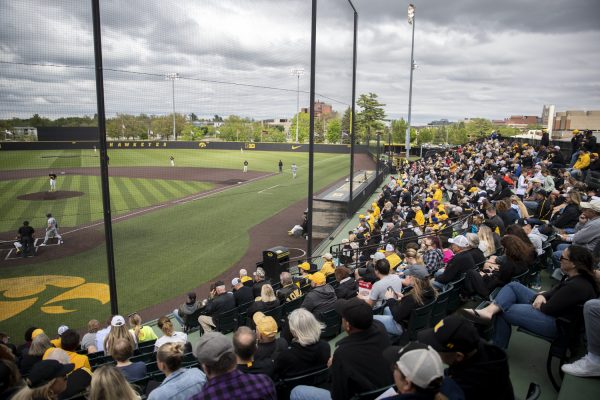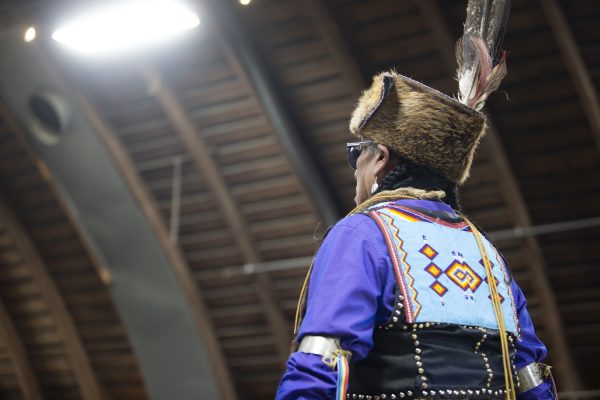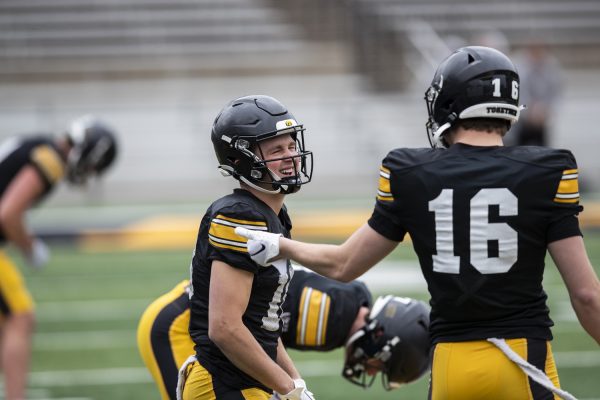A Look Back At The 1994 Iowa Gambling Task
July 7, 2021

Source: Unsplash
After moving into the digital age, many industries in the United States have transformed, including the gambling industry, which has a dominant presence in Iowa. In particular, players have developed a preference for online casinos rather than land-based establishments. As per Statista, such a reality has led many to forecast that the global online gambling market will be valued at over USD 92 billion in 2023.
In Iowa, there are still conventional casinos like the Hard Rock Hotel & Casino Sioux City, but many Iowans understand that there are several advantages to using online casinos. For instance, according to the Bonusfinder US website, players can get deposit bonuses, free spins, free money, and deposit match bonuses. Playing online also means individuals can utilize comparison sites like Bonusfinder, which makes discovering casinos that offer the best deals far easier. The same applies in other states, such as New Jersey.
While online gambling is still relatively new, Iowa’s ties to gambling are not. Iowa opened the United State’s first riverboat casinos in 1991, and three years later, gambling would be the focal point of one of the state’s most famous scientific experiments. To this day, if you mention Iowa and gambling in the same sentence, someone will mention the Iowa Gambling Task.
The Iowa Gambling Task
In 1994, neuroscientist Antoine Bechara and researchers at the University of Iowa introduced the Iowa Gambling Task, a psychological task that simulates real-life decision-making. Since its introduction, the Iowa Gambling Task has been used in hundreds of research papers that use this paradigm to explore emotion and cognition.

Source: Unsplash
Task Structure
Participants are presented with four virtual decks of cards on a computer. The original study used real cards, but now the Iowa Gambling Task is primarily computer-based. The participants are told that each deck contains cards that will either penalize or reward them. While the decks differ in the balance of penalty versus reward cards, the goal is to win as much money as possible. However, because of the differences, there are “bad decks” and “good decks” because some reward the player more than other decks.
As the participants play the game, the researchers are studying decision-making. The participants are either healthy patients or have orbitofrontal cortex (OFC) dysfunction, which is defined on the Neuroscientifically Challenged website. Some patients also have damage to the ventromedial prefrontal cortex.
Common Findings
The common findings in the Iowa Gambling Task are that healthy participants will sample cards from each deck, and after about 40 selections, persevere with the good decks. However, patients with damage to the ventromedial prefrontal cortex will choose outcomes that produce high immediate gains and those with orbitofrontal cortex dysfunction will continue to stick with the bad decks.
We know Iowa for many things, including being the setting of the movie Field of Dreams. Yet, the state’s also remembered for the Iowa Gambling Task, something the University of Iowa played a role in and is still being used to investigate conditions like obsessive-compulsive disorder. Gambling in Iowa has shifted online, but the state still has a rich history with the industry that goes beyond online blackjack and roulette tables.













